Building an app can result in a direct pipeline to a large customer base as well as ready cash flow. If your app becomes popular, you may find yourself financially successful before you know it. However, the majority of apps fail, and even those that succeed require effort. Knowing how to start an app business can assist you in overcoming obstacles to success.
Annual global app revenues surpassed $461 billion in 2019, up from $97 billion in 2014. By 2023, app earnings are expected to approach $1 trillion. The market wants apps, and this demand can increase your chances of running a profitable app business. Here’s how to get started with your app, monetize it, and figure out how to get it to devices all over the world.
The Advantages of Starting an App Business
More than 75% of the world’s population owns a mobile phone, and 90% of mobile time is spent on mobile apps. It’s no surprise that annual app downloads are increasing, from 178.1 million in 2017 to 258.2 million by 2022.
This large, growing, and increasingly profitable market continues to grow. App user penetration is expected to exceed 35% by 2024, up from 29% in 2020. App revenue is increasing as more users are willing to pay for access, in-app purchases, and premium features.
Demand for mobile app development is also increasing and shows no signs of slowing. You’ve created — and now own — potentially valuable intellectual property by developing an app. It’s no surprise that starting an app business has produced so many millionaires.
Checklist for Starting an App Business
It takes time to establish an app development company and build your app. You’ll need design and development experience, as well as time management skills and knowledge of your target app market.
You can keep startup costs low, but it’s critical to fund your startup until the app generates consistent revenue. Around 25% of app developers earn more than $5,000 per month. Pay close attention to how you intend to monetize your app as you create it.
Follow this startup checklist to make your app business dream a reality.
1. Make a business plan for your app.
The business plan for your app’s company is your road map from concept to release. Writing a business plan does not have to be difficult. Only a few pages may be required to keep your app business strategy focused and consistent.
Who are your app’s intended users? Do some research to identify and comprehend the market. People use apps for a variety of reasons, including productivity, connection, entertainment, and more. What will your app be able to do for them? How will it outperform everyone else? Create your unique selling proposition (USP) to understand how your app stands out.
What people are on your team? Hiring talented coders, user experience/user interface (UX/UI) staff, copywriters, app designers, or marketing professionals may be required to build your new app. Depending on your budget, these could be contract laborers working on a piecemeal basis or full-time employees. You could also consider collaborating with co-owners of the app business.
How will you generate interest in and demand for your app? From a company website and active social media presences to media attention and app conferences, the more visible your app and company are, the more likely it is to drive app adoption and revenue growth.
What is the bare minimum of your product (MVP)? Don’t wait until your app is perfect to release it. Determine the bare minimum of features required for production and release your app into the wild. From there, you can listen to user feedback, fix problems, and improve feature sets — but your app must be available before you can fix, improve, and expand your customer and revenue base.
2. Decide on a Business Structure
When it comes to starting a mobile app business, the right business structure can be crucial to your success. While a sole proprietorship may be the simplest way to get started, its liability and taxation issues may make it unsuitable for an app company.
Instead, consider forming an LLC, or limited liability company, along with an operating agreement for your app company.
If you want to start a business with one or more partners, forming an LLC allows you to structure your app company with multiple owners and divide shares in a way that everyone agrees on. In addition, the app LLC can protect your personal assets from liability in the event of a legal action, which is an advantage over sole proprietorships. If you structure your app business as an LLC rather than a sole proprietorship, you may be able to reduce your taxes and taxable income.
3. Select Your App Costs of Business Development and Development
According to one 2017 survey, the average cost of app development is $5,000–10,000. A quality app typically costs between $60,000 and $230,000, or more, depending on scale and complexity. Estimating startup costs is critical for determining how much money you will require to get your app off the ground. Other factors to consider include:
- Employee wages and/or fees for outsourced independent contractors. Programmers and designers can be in-country or off-shored.
- Development process and development team
- Pre-release quality assurance testing
- Office space and utilities
- Technical equipment like computers, smartphones, etc.
- Administrative fees, insurance, business registration, and licensing fees
- Google Play and Apple App Store fees, including percentages taken of app sales
- Website hosting and storage
You can create a high-quality app for less than $100,000, and possibly even less than $50,000. However, if your company plans to build enterprise-level apps, expect costs to exceed $140,000. In fact, a typical price range for complex apps with multiple features is $267,000–$360,000.
How will you fund the startup costs of your app business?
Your app business plan can be critical in assisting you in funding your startup costs. Consider the following funding sources:
- Bootstrapping: Savings, retirement/investment accounts, and other personal reserves could fund your app. Check up on potential penalties or other drawbacks before tapping these funds.
- SBA loans and other government available resources: Federal loans from the U.S. Small Business Association (SBA) can fund your startup costs. You may also find an investor through a small business investment company (SBIC) licensed by the SBA.
- Commercial loans: You’ll need a solid business plan to get a bank loan, with proof your plan will yield returns.
- Venture capital and other private investment: To interest investors, you’ll often need to offer them a stake in the company. Negotiate carefully.
4. Give Your Company a Name
What is a good business name for an app? RichestSoft. Koombea. ChopDawg. Tintash. Dom and Tom. The names of top app companies aren’t predetermined, but they do reflect the values and brands of the people who help these app companies succeed.
When you and your business partners decide on a name for your LLC, make sure it is available for government registrations and licensing, domain names, and social media accounts.
5. Register Your App Company and Set Up Financial Accounts
Once you’ve completed your app business registrations, you can begin opening business checking accounts, app store accounts, and other financial accounts you’ll need for your business, such as PayPal or business credit cards.
In addition, you’ll need to apply for a separate employer identification number (EIN) for your LLC. Get any licenses that your state or municipality requires. Consider speaking with a local insurance agent about the types of business and liability insurance you may require to protect yourself if things go wrong.
6. Promote Your App Company
In the run-up to your app’s release, don’t overlook a solid app marketing strategy. Work on generating buzz and developing your marketing strategy while developing your app.
- Implement a social media strategy. Share screenshots, articles, and other content that showcases your app and why people will love it.
- Harness the power of video. Consider demo and explainer videos that help people get familiar with your app and what it can do for them.
Examples of App-Based Businesses to Launch
Profitable apps can take many forms, ranging from tools to travel, health to finance.
- Augmented reality for interior design
- Health, wellness, and telemedicine
- Meal planners and food trackers
- Business bots
- Map apps
- Video streaming apps
- Communications tools
- Customer relationship tools
Begin Your App Business
Regardless of your app concept, designing it is only the first step. You will also require a successful app business model. Create a business plan for app development, assemble a strong team, and implement an engaging marketing strategy. If you follow these crucial steps, you could be on your way to creating the next big thing.




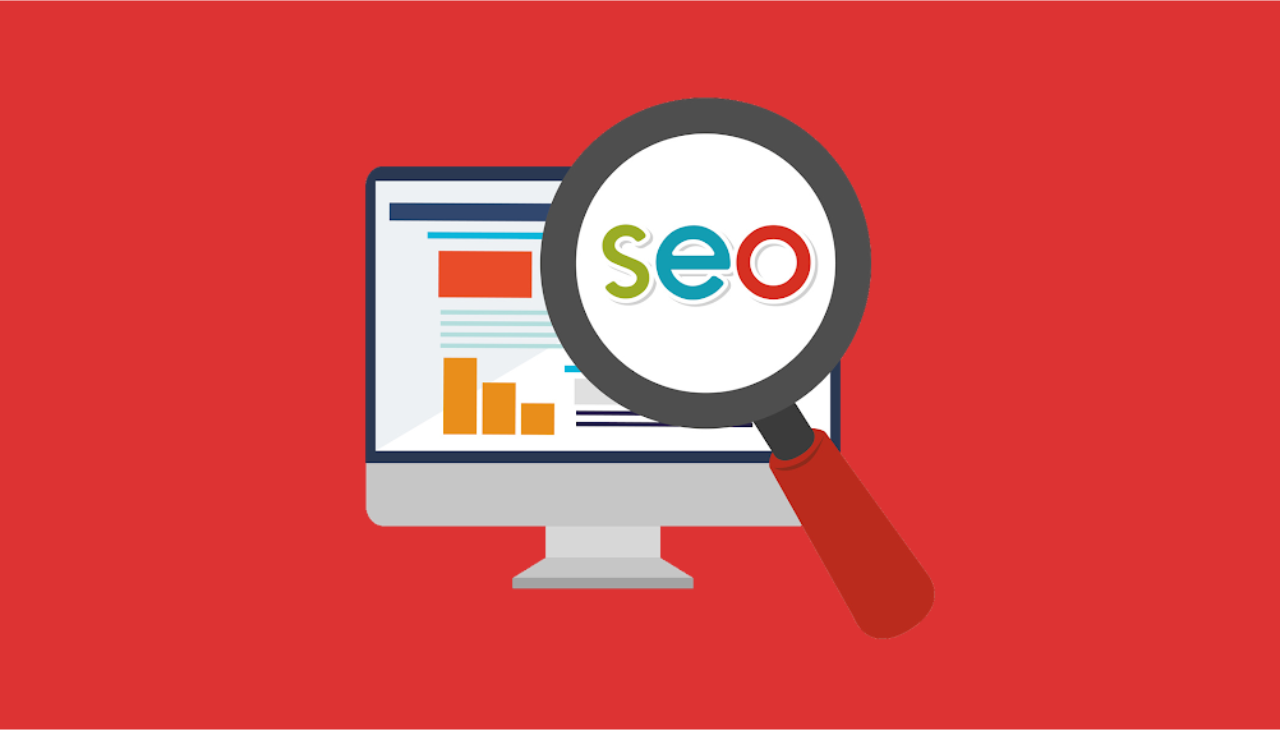
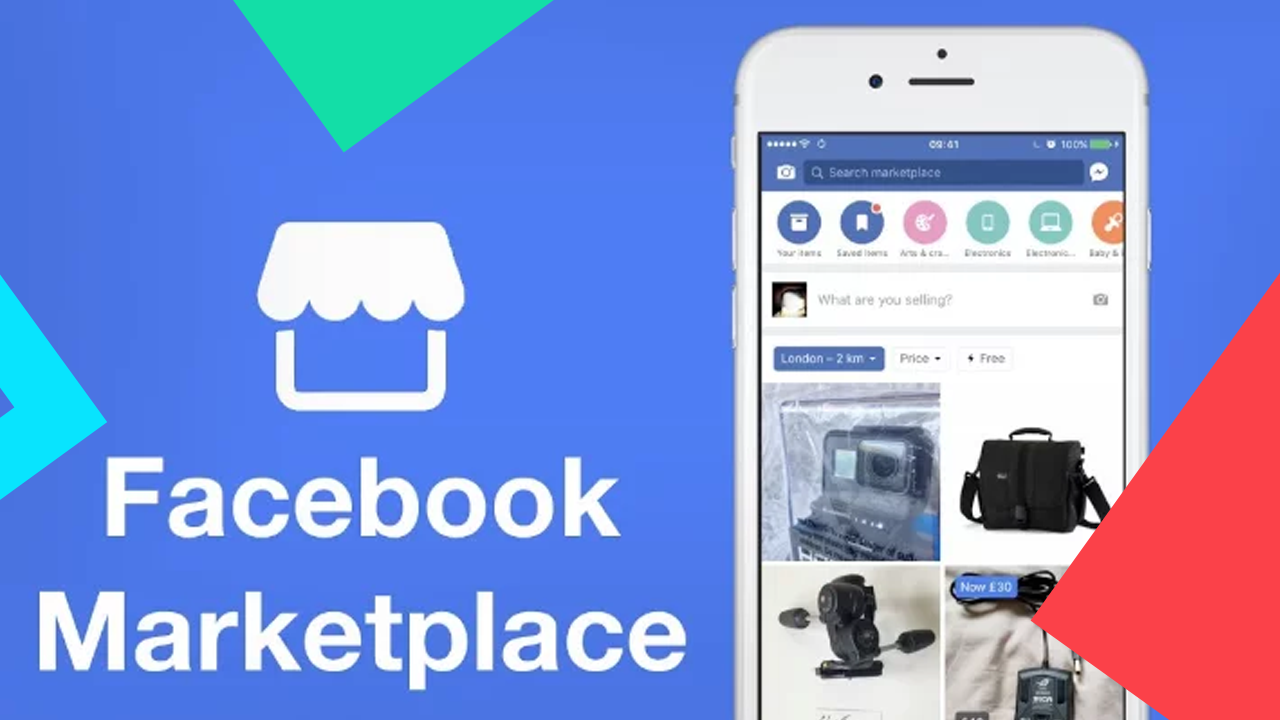

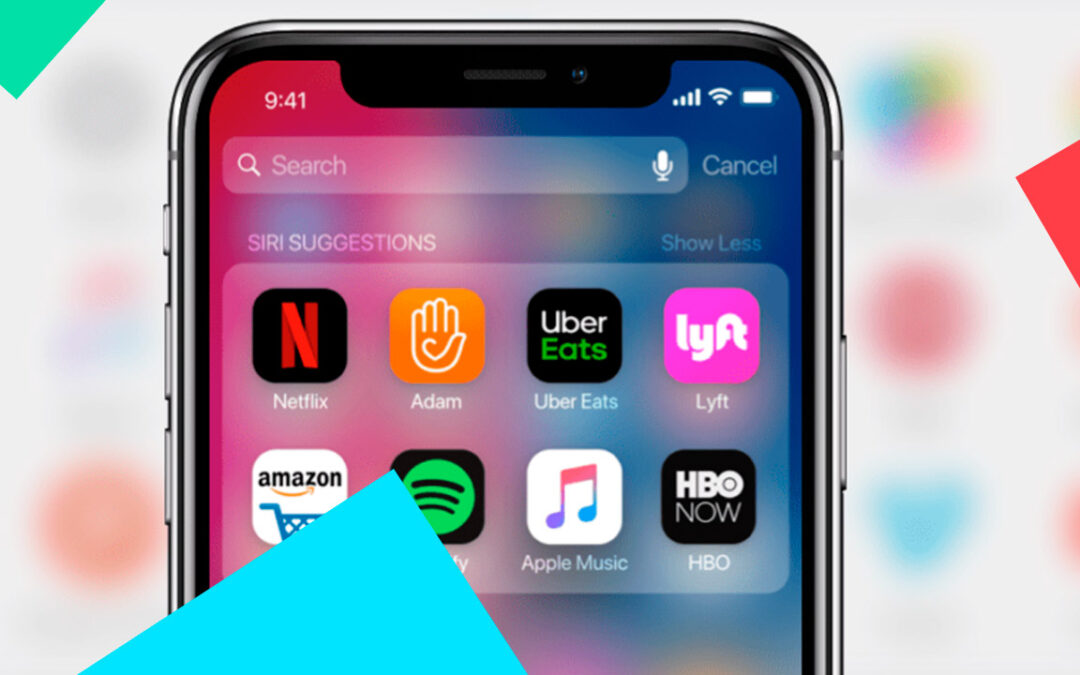
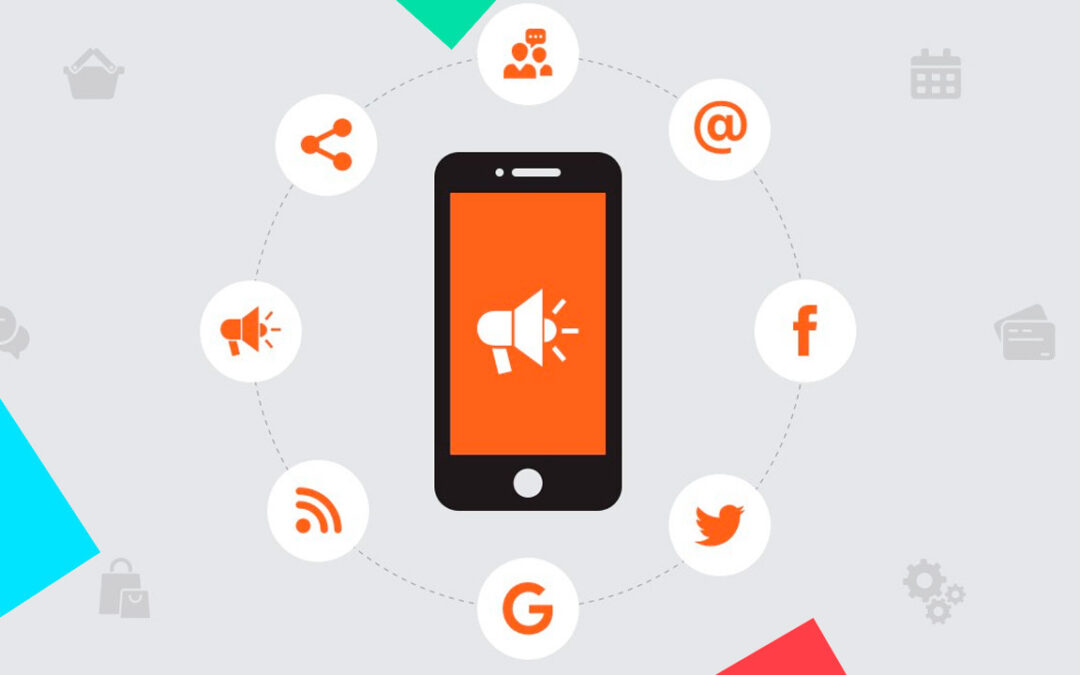

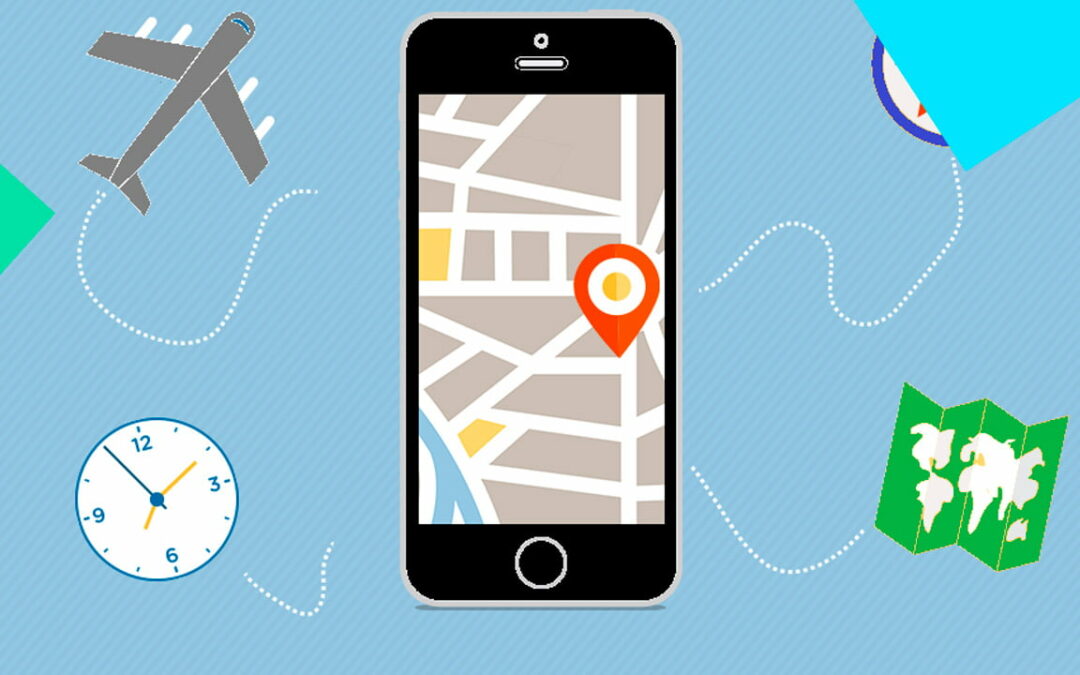

0 Comments